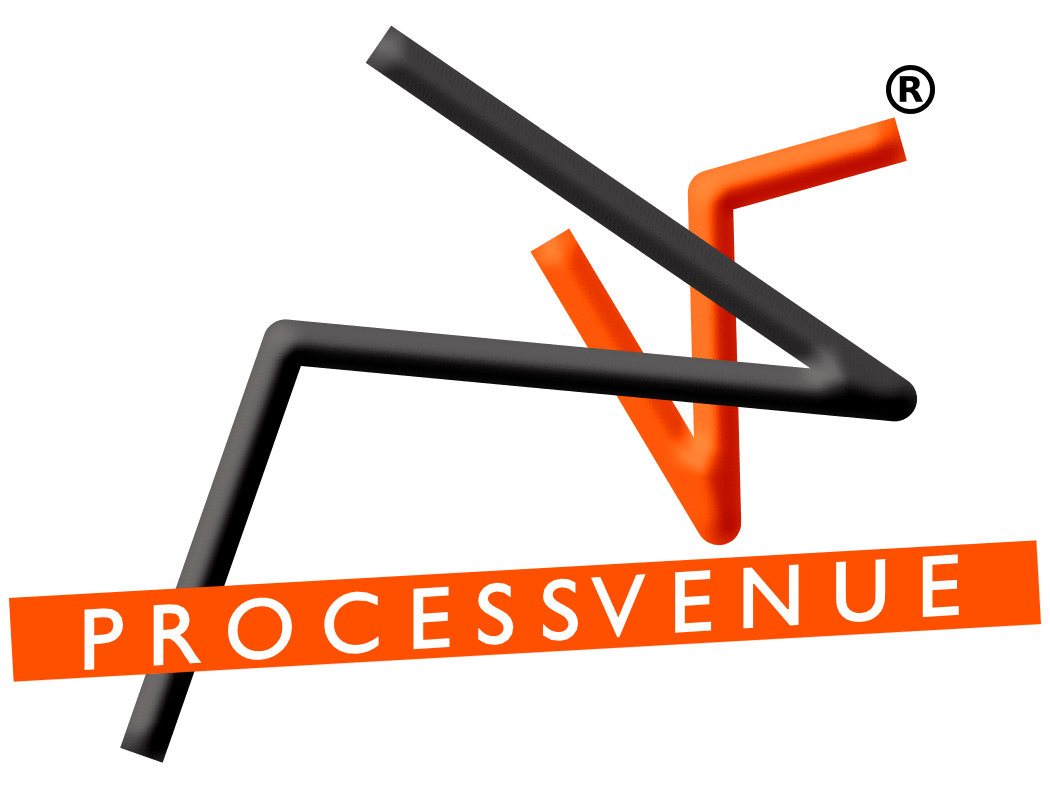
Consumer Data Protection: Responsibility Meets Advantage
|
Getting your Trinity Audio player ready...
|
The importance of protecting consumer data is growing more and more urgent. And it’s a responsibility that falls in the lap of the CIO. If Mark Zuckerberg’s testimony before congress has anything to teach us, it’s that we will be held accountable or at least called out–for the use and distribution of data. The Cambridge Analytica debacle is only an extreme example. For any company working with consumer data, there will almost certainly be an abundance of consequences for mismanaging it.
GDPR goes live this month, dangling the digital sword of Damocles over those who fail to meet stringent European privacy standards. Poised as we are for such change, it would be easy to think of data legislation as an enemy. But it needn’t be so. The Center for Humane Technology posits that whether you’re a technocrat, a legislator or an everyday Joe, we all have a common goal: developing technology that serves the needs of humanity, not technology that works against it. With this in mind, there’s considerable incentive for CIOs to be leading the charge into consumer data protection, rather than resisting or dreading it.
Compliance still eludes many
Fines for GDPR noncompliance are set to initiate on May 25th. If you’re nervous, you’re not alone. Many companies are still far from launch ready, even in Europe. According to a MediaPro survey, 59 percent of US employees haven’t even heard of the GDPR. If you’re panicking, it’s time to get it together.
Preemptively adapting to higher standards of privacy and data protection show your customers that you care, that you’re a step ahead and on top of your game. You’ll benefit from this down the line. As you dodge any fees that are taking out the competition, you’ll also have gained the trust and appreciation of your customer base. That loyalty is priceless.
The smartest CIOs have already embraced consumer data protection
Think of organic produce. In the 1990s, no produce company wanted to be saddled with the burden of regulating their cultivation process, eschewing time-honored pesticides and chemicals. But consumers spoke, and companies like Whole Foods who were on the leading edge of the organic food boom reaped the most rewards. Now, organic labels are practically the rule instead of the exception. Soon, stringent data protection will be, too. It’s better for your company to put their best foot forward voluntarily, instead of waiting until there’s no alternative. When legislation is foisted upon you and you’re scrambling to catch up, you’ll look outdated.

Hand turning a knob up to the maximum, Concept image for illustration of security improvement.
Some companies know this and have jumped into the data protection pool with both feet. Among the most forward at marketing “no ads” is Capsure — the storage platform with the express purpose of keeping your content private or shareable. Because they’re ad-free, the company explains, customer data isn’t getting farmed out for targeted marketing campaigns.
And they’re not alone. Last month, the ad-free social media application, Vero, made headlines for garnering more than four million users amidst Facebook’s privacy woes, and Are.na, an ad-free creative platform was touted an “anti-Facebook” of sorts for its transparent model.
By creating a digital environment where people can share more freely and connect more personally, these platforms are demonstrating that data protection and a concern for consumer privacy are advantages, not burdens. Such a mentality frees them from worry about GDPR and could put them a step ahead of consumer demand for business models that don’t sell data outright.
Consider the alternatives
Of course, operating in North America means you don’t actually have to comply with the GDPR. You could instead do what some companies are doing and block all EU users, or close up any offices you may have across the pond. For some, this is preferable to the considerable legal fees and logistical headaches associated with getting compliance ready. And to be sure, if you’re a local landscaping company, for instance, you don’t need to worry too much about European markets or their regulations. But for the companies with a global consumer base, this strategy might be like chopping off the branch you’re sitting on.
Furthermore, for companies who are cutting out EU traffic, that doesn’t get rid of the specter of consumer data protection altogether. It’s possible the US will soon follow suit and establish its own regulations. But regulated or not, it’s still a CIO’s responsibility. Strong companies and good CIOs don’t take consumer data protection lightly.
Step up your data protection game by putting together a written policy that will make your compliance water tight. Perfect it with your C-suite, prioritize it in the budget, and be sure to make every single employee aware and on board at all levels of operation. That’s a strategy that will put you in step with the changing times and open you to the advantages available from the coming shift to data protection.
Courtesy: Cio
